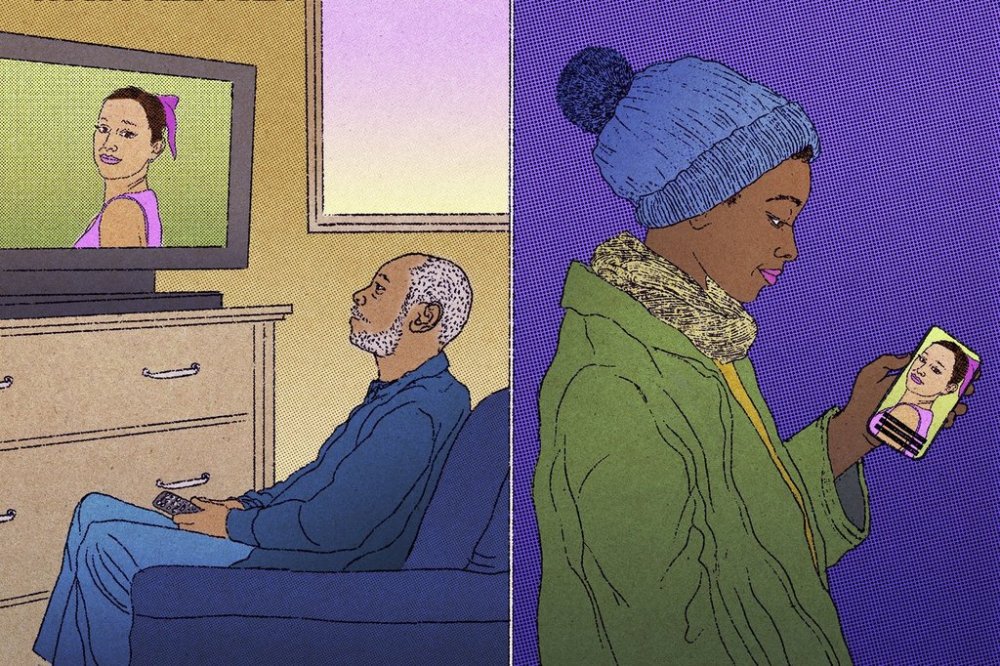World
Women in Gaza Face Sexual Exploitation Amid Humanitarian Crisis

As the humanitarian crisis in Gaza intensifies, reports of sexual exploitation among women have surfaced, revealing alarming dynamics in a desperate situation. According to an investigation by the Associated Press, numerous women have reported being coerced into sexual acts by local men who promise essentials such as food, water, and job opportunities in return. Six women shared their experiences anonymously due to fears of retribution from both their families and the men involved. The cultural stigma surrounding sexual harassment and assault further complicates their willingness to speak out.
The testimonies highlight a troubling pattern in which men, sometimes posing as aid workers, exploit vulnerable women. The women described instances where men made explicit requests, such as “Let me touch you,” while others used more subtle approaches, like proposing marriage or suggesting they move to a private location. Many of these women are in dire circumstances, struggling to provide for their children as food supplies dwindle.
In Gaza, where nearly 90% of the population has been displaced due to ongoing conflict, the impact of the humanitarian crisis is particularly acute for women. Some women reported that men solicited them after they registered for assistance, creating a direct link between aid efforts and exploitation. While most women resisted these advances, one individual admitted to engaging in a sexual encounter, after which the man provided some aid and assistance in securing employment.
Psychologists and aid organizations have reported an increase in exploitation cases as the crisis deepens. Four psychologists working directly with women in Gaza shared insights, noting that their organizations had treated numerous instances where women were sexually exploited, sometimes resulting in pregnancies. They spoke on the condition of anonymity to protect the identities of the survivors.
Reports of abuse during humanitarian crises are not unique to Gaza. Similar patterns have emerged in conflict zones such as South Sudan, Burkina Faso, and Haiti. Experts attribute these trends to heightened vulnerabilities that arise during emergencies, where individuals become reliant on aid and are more susceptible to exploitation.
Amal Syam, director of the Women’s Affairs Center in Gaza, emphasized that the ongoing Israeli blockade and military operations have created an environment where desperation prevails. She stated, “Israel’s siege on the Gaza Strip and the restrictions on humanitarian aid are what’s forcing women to resort to this.” In response, Israeli officials assert that there are no restrictions on aid and that efforts have been made to increase the flow of supplies into Gaza.
Despite the increasing reports of exploitation and abuse, a significant number of women remain silent due to cultural barriers and fears of shame and retaliation. The conservative nature of Gaza’s society views extramarital sexual relations as deeply taboo, further complicating the ability for women to seek help.
The Protection from Sexual Exploitation and Abuse (PSEA) network reported receiving 18 allegations of sexual abuse related to humanitarian aid in Gaza last year. These cases involved individuals associated with aid organizations, including community representatives and contractors. However, the network has not disclosed the number of ongoing investigations, citing confidentiality concerns.
Psychologists stress that sexual violence is often underreported, particularly in humanitarian and conflict settings. Sarah Achiro, a coordinator for the PSEA network, remarked that available data often reveals only “the tip of the iceberg,” highlighting the need for more comprehensive approaches to address these issues.
As the situation in Gaza continues to unfold, the intersection of humanitarian needs and the exploitation of vulnerable women remains a critical concern. The international community faces pressing questions about how to ensure the safety and dignity of individuals reliant on aid in conflict zones.
-

 Science2 months ago
Science2 months agoToyoake City Proposes Daily Two-Hour Smartphone Use Limit
-

 Health2 months ago
Health2 months agoB.C. Review Reveals Urgent Need for Rare-Disease Drug Reforms
-

 Top Stories2 months ago
Top Stories2 months agoPedestrian Fatally Injured in Esquimalt Collision on August 14
-

 Technology2 months ago
Technology2 months agoDark Adventure Game “Bye Sweet Carole” Set for October Release
-

 World2 months ago
World2 months agoJimmy Lai’s Defense Challenges Charges Under National Security Law
-

 Technology2 months ago
Technology2 months agoKonami Revives Iconic Metal Gear Solid Delta Ahead of Release
-

 Technology2 months ago
Technology2 months agoSnapmaker U1 Color 3D Printer Redefines Speed and Sustainability
-

 Technology2 months ago
Technology2 months agoAION Folding Knife: Redefining EDC Design with Premium Materials
-

 Technology2 months ago
Technology2 months agoSolve Today’s Wordle Challenge: Hints and Answer for August 19
-

 Business2 months ago
Business2 months agoGordon Murray Automotive Unveils S1 LM and Le Mans GTR at Monterey
-

 Lifestyle2 months ago
Lifestyle2 months agoVictoria’s Pop-Up Shop Shines Light on B.C.’s Wolf Cull
-

 Technology2 months ago
Technology2 months agoApple Expands Self-Service Repair Program to Canada









